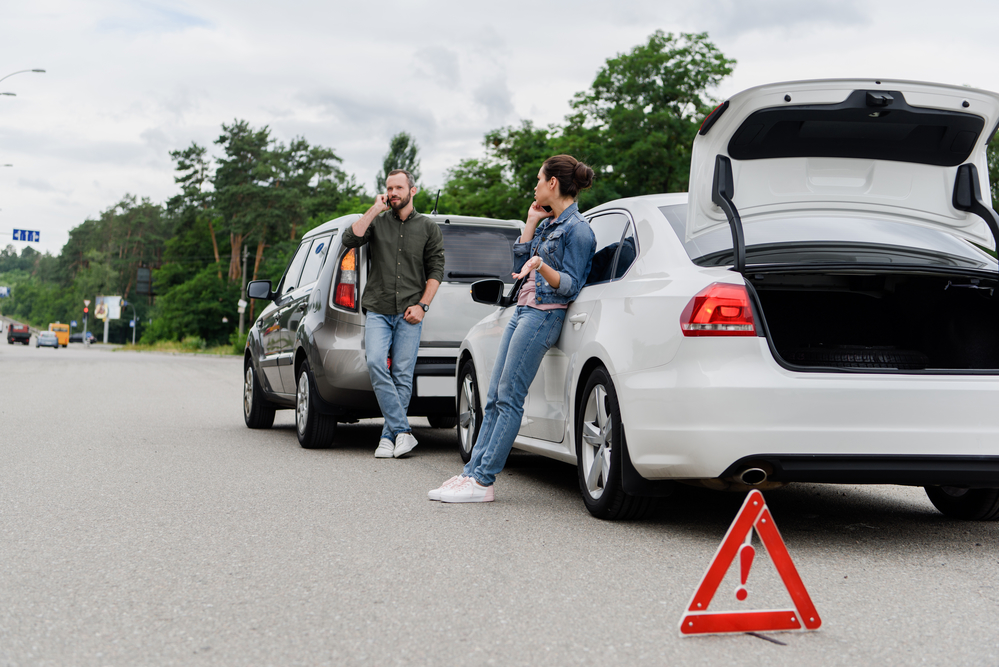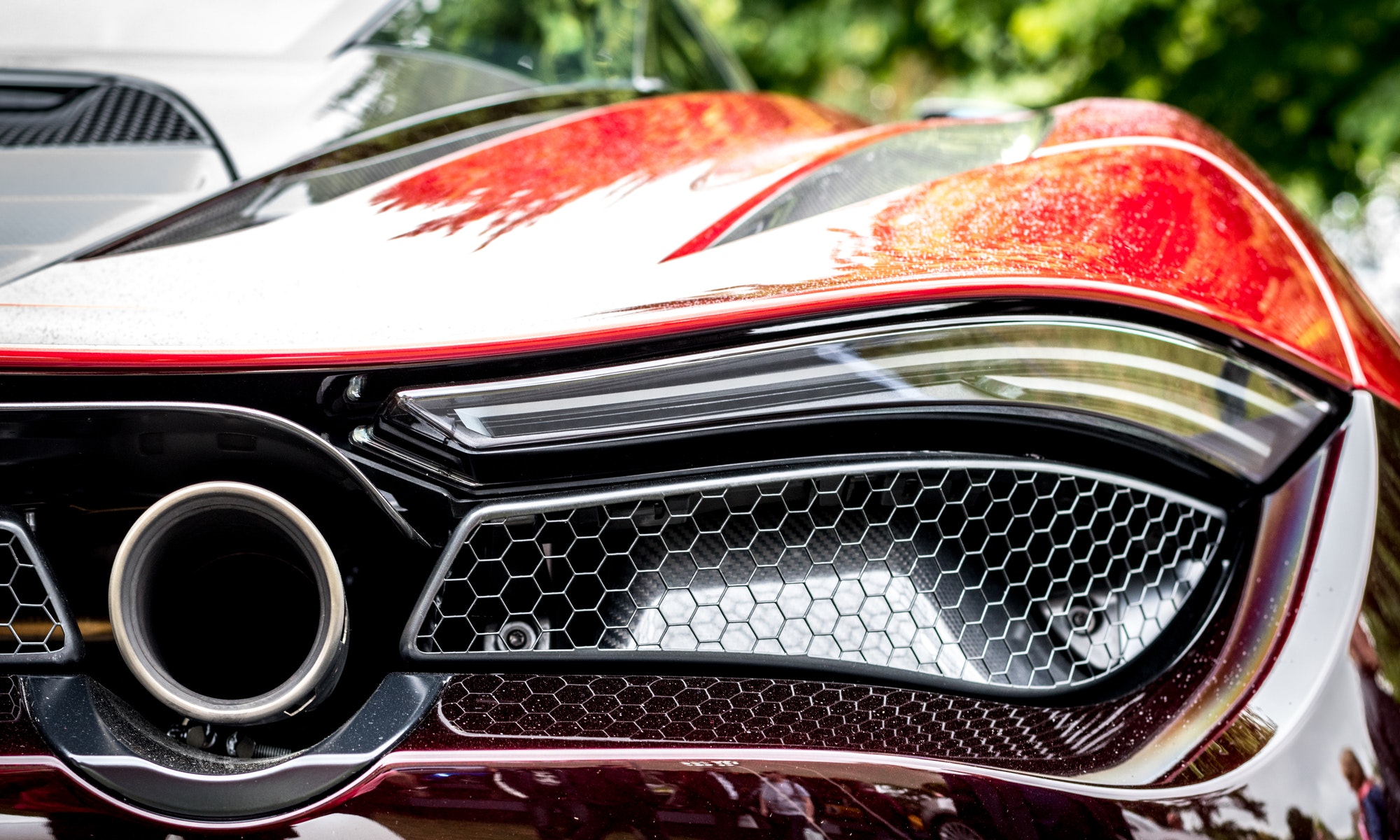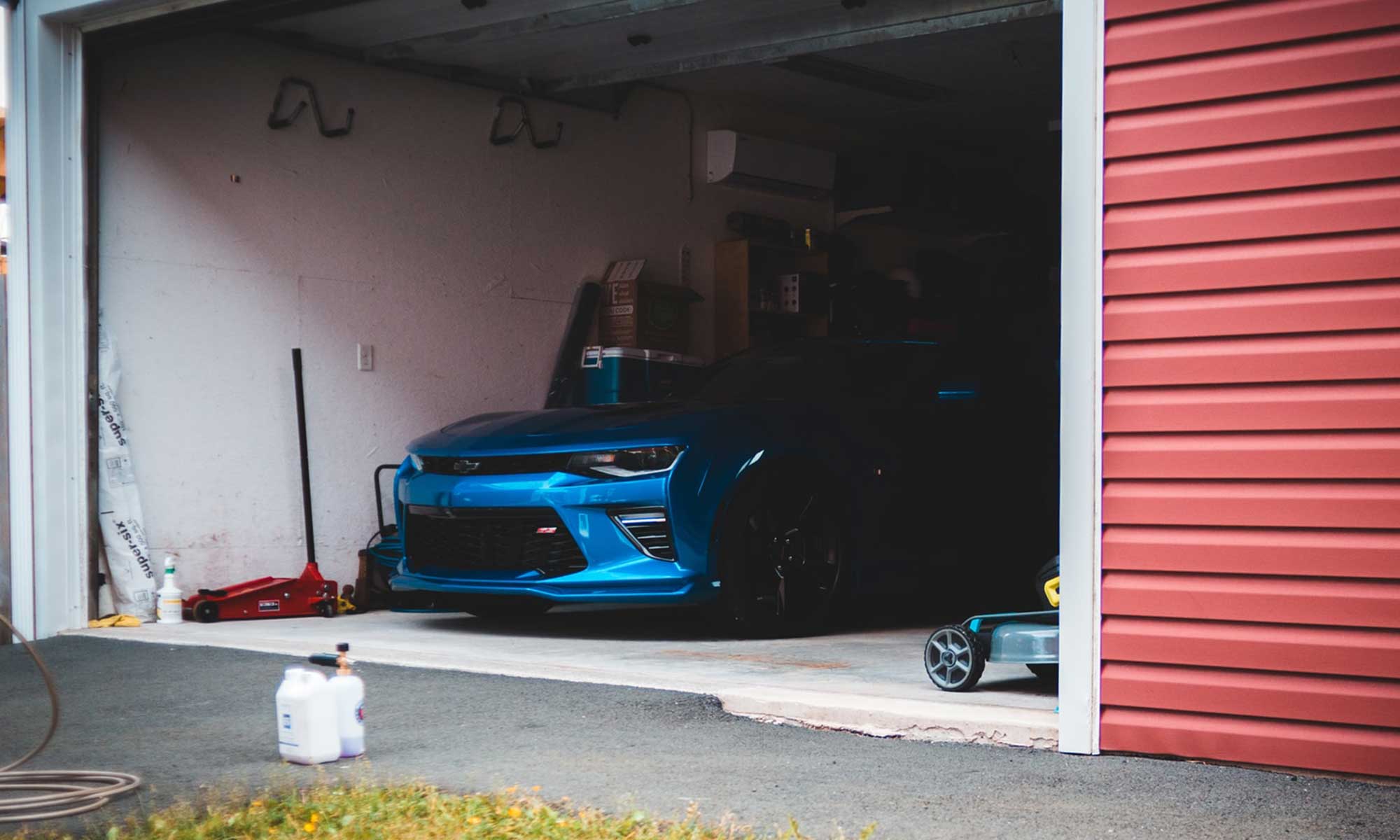
Driving down almost any highway in America, you are bound to pass a vehicle accident. In fact, it’s more than likely that you will see multiple on your journey. Car accidents happen often. In fact, it is reported that someone has their vehicle totaled every five seconds. The troubling aspect with accidents is that many are preventable. Prevention is the first step to ensuring that your own safety as well as the safety of your fellow drivers. With a little precaution, a focused mind, and these tips, we can help you significantly reduce your risk of an accident.
When you are on the road, it is important to be mindful of other drivers. Being aware of everyone else on the road with and your surroundings can impact your chances of an accident in a positive way. Here are some tips to help you practice defensive driving:
- Don’t follow too closely the vehicle in front of you. By doing this, it lessens the space and time you have to maneuver if they stop suddenly.
- Use your turn signal when changing lanes or making turns at the light. As part of this, be sure to put your signal on for a few seconds before executing the turn.
- You shouldn’t accelerate quickly once the light turns green, as some drivers have the tendency to run red lights often.
- At night, be sure to turn off your high beams when other vehicles approach.
Along with defensive driving, it’s important that you ensure your vehicle is in good shape. It’s vital that you have inspections done regularly on your car, as technicians can spot early problems with key components such as your tires, brakes, and alignment. By being proactive when it comes to car inspections you can have peace of mind in knowing your vehicle runs in optimum condition and may handle well in inclement weather conditions.
But what outweighs preparedness and defensive driving is you. You are the most important factor for car accident prevention. Here are some things you should keep in mind before getting behind the wheel:
- If you have had an alcoholic drink or you feel very tired, call a cab, take public transportation or find a friend to take you home. Whether nor not you feel buzzed or lethargic, drinking alcohol or driving while sleep deprived can impair your ability to make snap decisions. In turn, this can be the difference between avoiding an accident and getting into one.
- If you have vision problems at night, be sure you have the right prescription frames or contacts before driving.
- Don’t let things distract you on your drive. Keep music at a reasonable level, save all eating for the dinner table, and if you have to make a phone call, use a hands-free device. As a side note, in many states it is illegal to operate a cell phone without a hands-free device.
- It’s also important to keep your emotions in check. Even if others don’t practice safe driving behaviors, it’s important that you don’t allow that to distract you or rile you up. When you become too emotional, you focus on those feelings, not on driving.
- Know your surroundings on the road. By scanning the conditions constantly, you can spot changes in traffic patterns or weather conditions.
Ultimately, there is only so much you can do to prevent car accidents. However, by following these tips, you can practice safe driving behaviors, which can keep you and others safe.
About Endurance:
Endurance Vehicle Protection is nation’s premier provider of extended vehicle coverage. By administering our very own Endurance coverage plans, we are able to “cut out” the middleman and pass along these savings onto our valued customers. This also means that throughout the entire life span of your policy with us, you will be dealing directly with us and not a third-party company. In addition to these benefits, we are proud to announce that Endurance is both B+ rated by the BBB (Better Business Bureau) and gold-certified by the VPA (Vehicle Protection Association). We believe in empowering confidence for the road ahead but we also believe in empowering consumers to buy with confidence.






